Introduction
A Special Disability Trust (SDT) is a creature of the Social Security Act 1991 (Cth). This form of trust is called ‘Special’ not because it concerns a ‘special’ disability, but because it attracts ‘special’ social security and tax benefits.
It is established primarily for future planning by parents and other immediate family members for the current and future care and accommodation needs of a person with a severe disability, who is its sole beneficiary.
A SDT can be created in a person’s lifetime via a trust deed, or in their Will as a testamentary trust.
Pros and Cons of a SDT
The main benefits of a SDT are:
- Gifting concession – family members (eg, parents) can gift up to $500,000 to the SDT and the gifted amount will not be part of Centrelink’s means test for their aged or veterans pension.
- Assets test assessment exemption – the beneficiary (person with severe disability) can own the principal place of residence plus up to $813,250 (from 1 July 2024, amount indexed annually) in other assets in the SDT, without this affecting their disability support pension (DSP).
- Trust income exclusion – all trust income is excluded from Centrelink’s income test assessment for the beneficiary’s DSP.
- Capital gains and land tax exemptions.
- The strict SDT rules are designed to protect a vulnerable beneficiary and ensure their ongoing care.
Some of the drawbacks or limits of a SDT are:
- The SDT can only pay for the care and accommodation of the beneficiary, and up to $14,500 ((from 1 July 2024, amount indexed annually) on their other needs (such as medical and dental expenses).
- The SDT cannot pay for goods and services (including accommodation) supplied by the beneficiary’s family members to the beneficiary.
- The annual financial reporting obligations may be an administrative burden on Trustee/s who are family members (eg, siblings) who may also have care responsibilities for the beneficiary.
Where to from here
You can read more about SDTs on the Services Australia website.
SDTs and the rules around them, and their pros and cons in a particular family’s situation is very complex. The above is a general guide only. It is recommended that you seek legal, financial and/or taxation advice if you are considering using a SDT to provide for your family member with disability.





